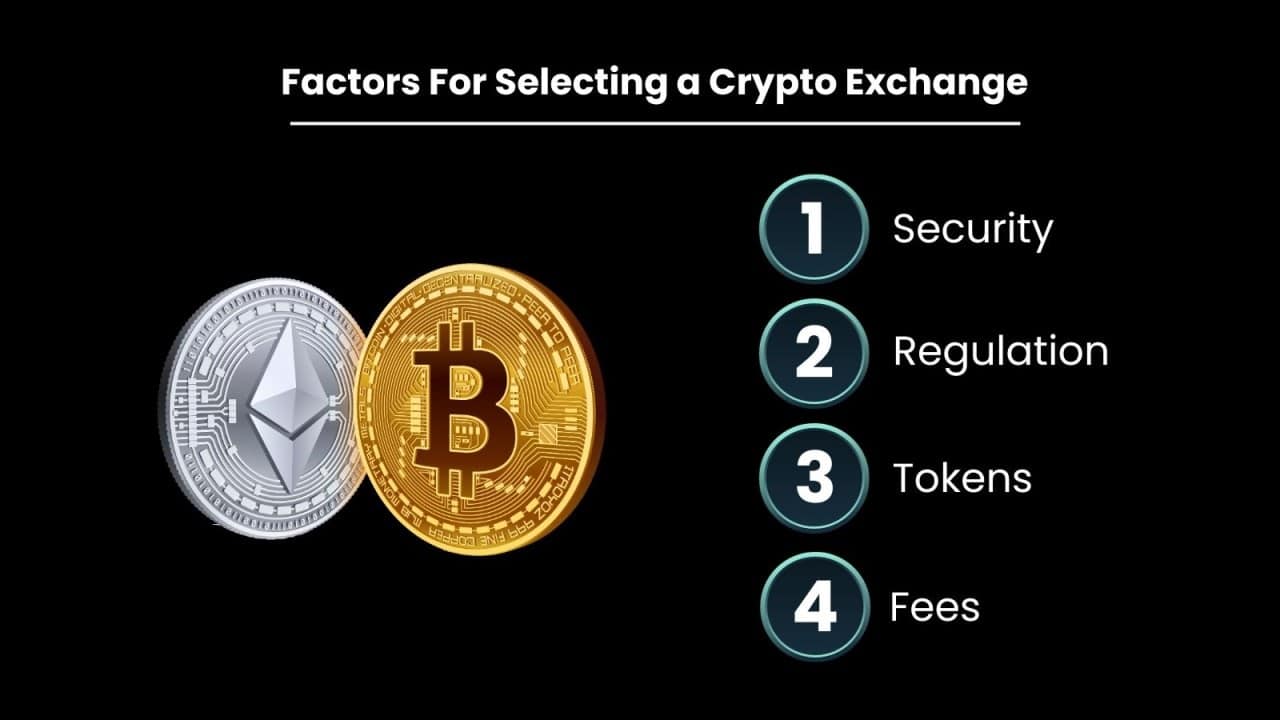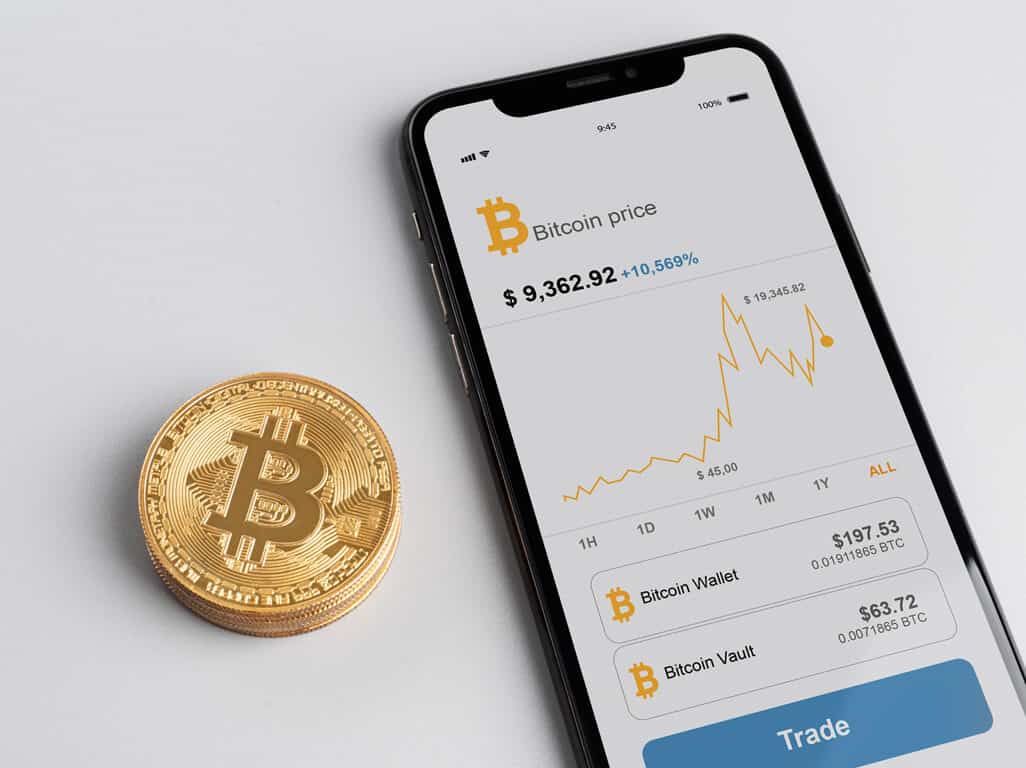Diving into the crypto world? Take a beat. Your choice of a trading hub matters as much as your savvy market moves. Factors to consider when choosing a crypto exchange—they’re your blueprint for secure trading. No fluff, just the real deal. Let’s ensure you pick a platform that won’t leave you high and dry when the digital tide rolls out. Ready for a walkthrough that keeps your coins safe and your trades sharp? Buckle up, because I’ve got the lowdown on how to separate the strongholds from the scams.
Assessing Security and Safety on Cryptocurrency Exchanges
Evaluating Crypto Exchange Security Measures
When you pick a crypto exchange, security is key. Look for solid measures like two-factor authentication (2FA). It’s a must-have. 2FA adds a second check to make sure it’s really you. Cold storage is also important. It keeps most of the currency offline, safe from hackers.
Check if they offer insurance and tight rules. They help cover losses if something goes wrong. Also, how often do they update their tech? Regular updates mean they care about keeping things safe.
It’s all about finding a place where your money and info stay safe. After all, you’re trusting them with your hard-earned cash!
Verifying Compliance with KYC and Anti-Money Laundering Policies
Next up, make sure the exchange follows strict KYC rules. KYC stands for “know your customer.” It’s a process to identify who’s using the service. This helps stop bad uses like money laundering. It’s like a secure door: only letting in the good, keeping out the bad.
Anti-money laundering (AML) policies are just as key. They keep track of odd trading patterns. It’s a way of spotting the not-so-good stuff early on.
A place that sticks to these policies is a place you can trust. They play by the rules and work hard to protect you and your money. They won’t let anyone in who could mess things up.
In short, safety comes first. Always check for strong security and a clean record. Happy trading!
Understanding the Costs: Trading Fees and Associated Charges
Analyzing Trading Fees Breakdown and Commission Rates
Let’s talk money! So, you want in on crypto? Cool! But watch those trading fees. They bite. Different exchanges charge different rates. Kind of like shopping for the best deal. Low fees mean more coin in your pocket. It’s that simple! Now, commission rates are part of this. They can take a cut of your trade. It’s like when you buy a snack and pay a bit extra. Check rates before trading!
Exchanges often have maker and taker fees. Are you starting the trade? That’s a maker fee. Joining in? That’s a taker fee. It’s like picking a team to play on. Some teams cost more to join!
Reviewing Withdrawal Limits and Associated Fees
Ready to take money out? Exchanges say “hold up!” with withdrawal limits and fees. Some let you pull out more than others. It’s kind of like a piggy bank – some have bigger openings than others!
These fees aren’t always clear, so be a detective. Go look them up! It’s like checking a price tag before buying. And hey, are you in for a quick flip or the long haul? Plan your moves based on limits and fees. It’s like packing for a weekend trip versus a long vacation.
Remember, fees add up over time – like coins in a jar, they grow! Be smart. Those extra bits can be a big deal later. It’s true for life and for crypto! Choose wisely so you make the most of your hard-earned money.
Analyzing Accessibility and Ease of Use
User Interface Simplicity and Mobile App Availability
When you pick a crypto exchange, think about how easy it is to use. A simple user interface (UI) helps you trade without stress. It cuts down on mistakes and saves time. Check if they have a mobile app too. This is a big plus for trading on the go.
Good UI makes tasks clear. Need to buy or sell crypto? Find it quick with a good layout. A well-made app does this too. It mirrors the website’s ease on your phone. Make sure the app works well and is secure. Trading should be smooth and safe wherever you are.
Geographical Restrictions and Multi-Platform Accessibility
Know where an exchange can work. Some places block certain crypto services. Look for one that you can use where you live. You want an exchange that supports traders from many places. It means they handle laws and rules well everywhere.
Check if you can trade on different devices. Phones, tablets, desktops – can you use them all? It’s good to swap from one to the other as needed. If you travel, it’s more important to have multi-platform access. It keeps trading possible no matter where you go.
Choose wisely! A crypto exchange should be easy to use anywhere. This means less trouble for you and a better trading experience.
Ensuring Asset Liquidity and Exchange Reputation
Liquidity and Trading Volume Analysis
When you pick a crypto exchange, think hard about liquidity. A high trading volume means it’s easy to buy or sell your coins. Let’s say you want to trade Bitcoin quickly. On an exchange with high liquidity, you can do this fast and at a price close to the market rate. But if you choose an exchange with low trading volume, you could face delays and price drops before your trade goes through.
To find out an exchange’s liquidity, check the trading volume for your desired coin. Make sure this volume is high throughout the day, not just in short spikes. This shows steady trading activity which is great for your needs.
Research doesn’t stop at numbers. Exchange reputation matters too. Platforms that have been around longer and have good user feedback are often safer bets.
Investigating Exchange Downtime History and User Feedback
What’s more annoying than a website crashing? A trading platform crashing while you have money on the line! Before you commit to an exchange, look into how often it’s gone down in the past. This info can tell you a lot about the reliability of the platform.
Chat with other traders on forums or check online reviews to get the scoop. Everyone loves to share their wins but pay close attention to how traders talk about losses and if they blame exchange downtimes for these.
Consider user support as well. If you hit a snag, you want help, fast. Good customer service can make or break your trading experience. Find out how the exchange helps users with issues. Do they solve them quickly and clearly? This is crucial.
Remember, your money’s involved so taking these steps isn’t just smart – it’s a must. Pick a crypto exchange that not only meets your trading needs but also holds up under pressure. With good liquidity and a solid track record, you’re paving the way for smoother, more secure trading adventures.
In this post, we’ve looked closely at what makes a crypto exchange safe and sound. We explored how to check if they keep your data and money secure. We also talked about the rules they should follow to stop bad acts like money laundering.
Next, we dug into the costs of trading. We broke down the fees and looked at the charges for pulling out money. It’s key to see the full price of trading before you start.
We also learned how to find an exchange that’s easy to use. Does the exchange work well on your phone? Can you use it where you live? These are big questions we answered.
Finally, we checked on how easy it is to sell your assets, and what people think about the exchange. If there’s a lot of trading and people trust it, that’s a good sign.
So, when you’re picking a crypto exchange, think about how safe it is, what it costs, if it works for you, and if you can trust it. Stick with these tips, and you’ll be set to trade well!
Q&A :
What are the top factors to consider before selecting a cryptocurrency exchange?
When looking for the right cryptocurrency exchange, it’s essential to prioritize key aspects such as security measures, fee structures, and whether the exchange is regulated by relevant financial authorities. Users should also consider the variety of cryptocurrencies available for trade, the exchange’s liquidity and trading volume, as well as the quality of customer support.
How important is security when choosing a crypto exchange?
Security is paramount when choosing a cryptocurrency exchange. Look for platforms that implement robust security protocols like two-factor authentication (2FA), cold storage for a majority of assets, end-to-end encryption, and compliance with anti-money laundering (AML) policies. It’s also wise to check for the exchange’s past incidents and how they were handled.
Does the regulatory status of a crypto exchange affect my decision?
Absolutely. An exchange that adheres to regulatory requirements tends to offer a level of protection and transparency to its users. Check if the exchange is compliant with Know Your Customer (KYC) and AML standards and if it’s regulated in the jurisdictions it operates in. Regulatory compliance can also be indicative of the exchange’s professionalism and stability.
Why should I consider the trading volume in a crypto exchange?
Trading volume is a critical factor because it indicates the liquidity of an exchange. High liquidity means that trades can be executed quickly and at predictable prices, which is crucial, especially for large-volume traders. Low liquidity can lead to price slippage and difficulties entering or exiting positions.
What impact do fees have on choosing a cryptocurrency exchange?
Fees can significantly impact your overall return on investment in the cryptocurrency space. Be sure to understand the fee structure, including deposit fees, withdrawal fees, trading fees, and any hidden costs. Compare these across several exchanges to ensure you’re getting a fair rate. Additionally, consider if the exchange offers fee discounts for higher trade volumes or the use of their own tokens.



